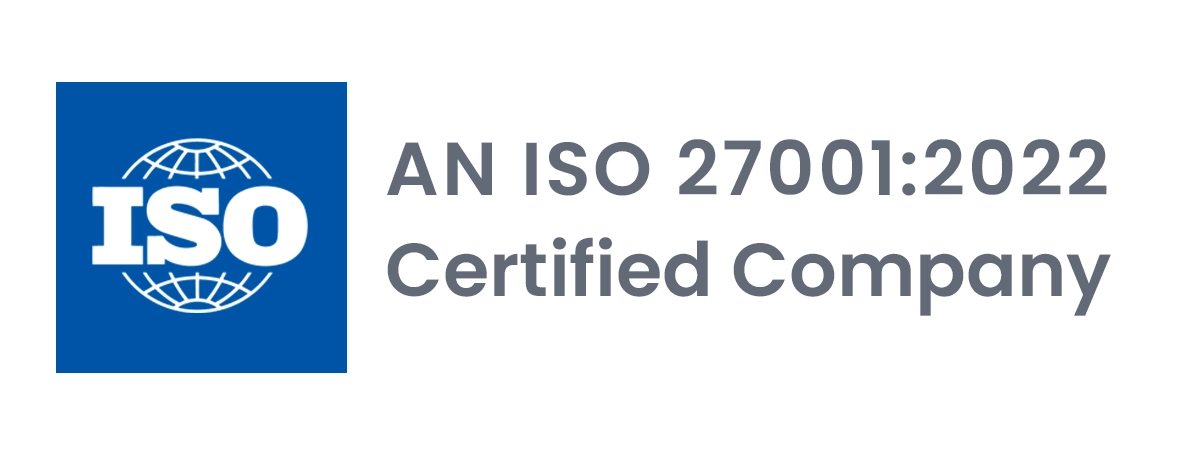
As businesses increasingly rely on Cloud services, choosing the right Managed Service Provider is a strategic imperative to survive and thrive.
Artificial Intelligence (AI) initiatives are giving Cloud adoption a shot in the arm and public Cloud spending is slated to experience more than 20% growth in 2024, according to Gartner. Cloud is an indispensable part of organizational strategy with 61% organizations evolving the data and analytics model to leverage advances in AI.
Business focus on innovation has become razor sharp with Cloud empowering organizations with agility and fail-fast capabilities. However, Cloud-enabled innovation entails complexities including, the ability to select right resources; deep understanding of tools in the Cloud ecosystems; expertise in navigating multi-Cloud; and achieving continuous improvements.
Managing these objectives require deep understanding of Cloud technologies, extensive experience, and a full-time, dedicated Cloud team. A reliable Managed Service Provider (MSP) enables the organization to focus on innovation leaving the nitty-gritty of managing infrastructure to the MSP.
Selecting the right MSP that fits in with organizational culture is crucial as the MSP will work with different stakeholders and touch every department. Apart from the IT team, it works with HR to facilitate identity management; legal to support governance and compliance issues; corporate office to support strategic initiatives; finance, security, supply chain, procurement customer care and every department within the organization.
Based on our experience of working with a large base of customers, here are a few criteria to consider while looking for the right partner.
Service Portfolio
Evaluate the MSP’s service offerings to ensure they align with your organization’s requirements.
Look for comprehensive services covering Cloud infrastructure design and implementation; Cloud migration services; application management; data architecture and analytics; user assistance; governance and compliance; and Identity and Access Management (IAM).
Expertise and Experience
Assess the MSP’s track record, expertise, certifications, and client references. Ask for referenceable customers within your industry. An MSP with vertical experience brings deep understanding of business and insights to help create differentiated value. MSPs coalesce best practices and help organizations reduce the learning curve in Cloud adoption approaches.
SLAs (Service Level Agreements)
Review SLAs carefully to ensure they align with your expectations regarding response times, issue resolution, and uptime guarantees. Define the scope of service and specify what is included and excluded in the contract. A small company may not require the entire bouquet of managed services. Ensure metrics for measurement, reporting methods, and frequency, conflict resolution process, and provision for updating SLAs.
Scalability
Scalability is imperative to remain responsive and the MSP must have the ability to scale services according to the organization’s evolving needs. Whether you are expanding operations or experiencing seasonal fluctuations, the MSP should offer options to add or modify services, optimize support staff, provide skilled technical expertise, and adapt to changing requirements without compromising performance.
Integration
Evaluate the MSP’s capabilities to integrate Cloud systems with your existing systems and infrastructure. Seamless integration is crucial to maintain workflow efficiency and data consistency across disparate platforms, particularly when multi-Cloud deployments are involved. Look for a provider with proven expertise in integrating complex IT environments and facilitating smooth transitions.
Delivery Model
Understand the MSP’s service delivery options, including on-premises, cloud-based, or hybrid solutions. Whether you prefer a fully managed service or a co-managed approach, choose a delivery model that best suits your IT strategy and resource allocation.
Technology Partnerships
The MSP’s partnerships with leading technology vendors are indicative of the capabilities and expertise. Strategic partnerships empower the MSP to access specialized expertise, cutting-edge solutions, and exclusive resources to deliver enhanced services. Make sure the MSPs partnerships are aligned with your requirements, such as, need for advanced automation or AI models.
Cost and Value
Make an assessment of the total cost of ownership associated with the MSP’s services, including upfront fees, ongoing maintenance costs, and potential savings from improved service quality and ROI. While cost is an important factor, prioritize value-driven decisions that facilitates organization’s long-term goals.
Thriving with MSP Partnership
To thrive in unpredictable market conditions, businesses must adeptly identify trends, seize opportunities, and prioritize differentiation and value creation. Best-in-class Cloud MSP are digital natives with deep understanding of how the digital world operates. Having them on your side empowers to create customer delight on a continuous basis. A strategic partner fosters growth as a trusted advisor, employing a consultative approach to drive outcomes, while also adopting a proactive, preventive approach to service delivery.
If you want to know more about how NewVision MSP services can support you, write to us at contact@newvision-software.com


